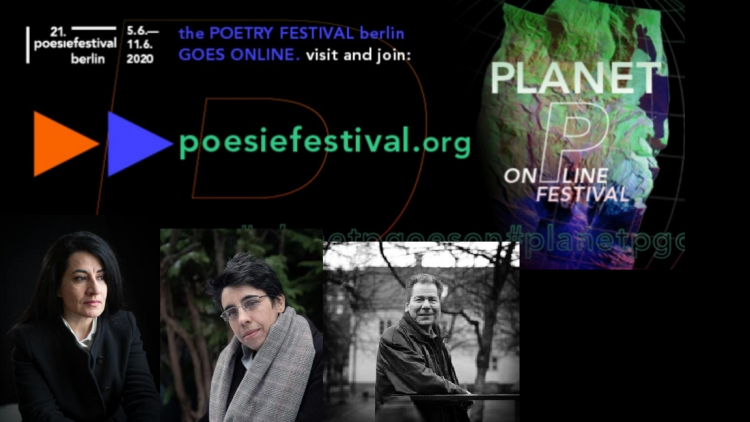Re:writing borders – Film and poetry readings Saturday 6 June
Over the pillow of reign
he learns how to make
my mother cry again
Sends off our neighbor
across the borders
(Nada Al Khawwam)
Keeping the borders of language and thoughts open
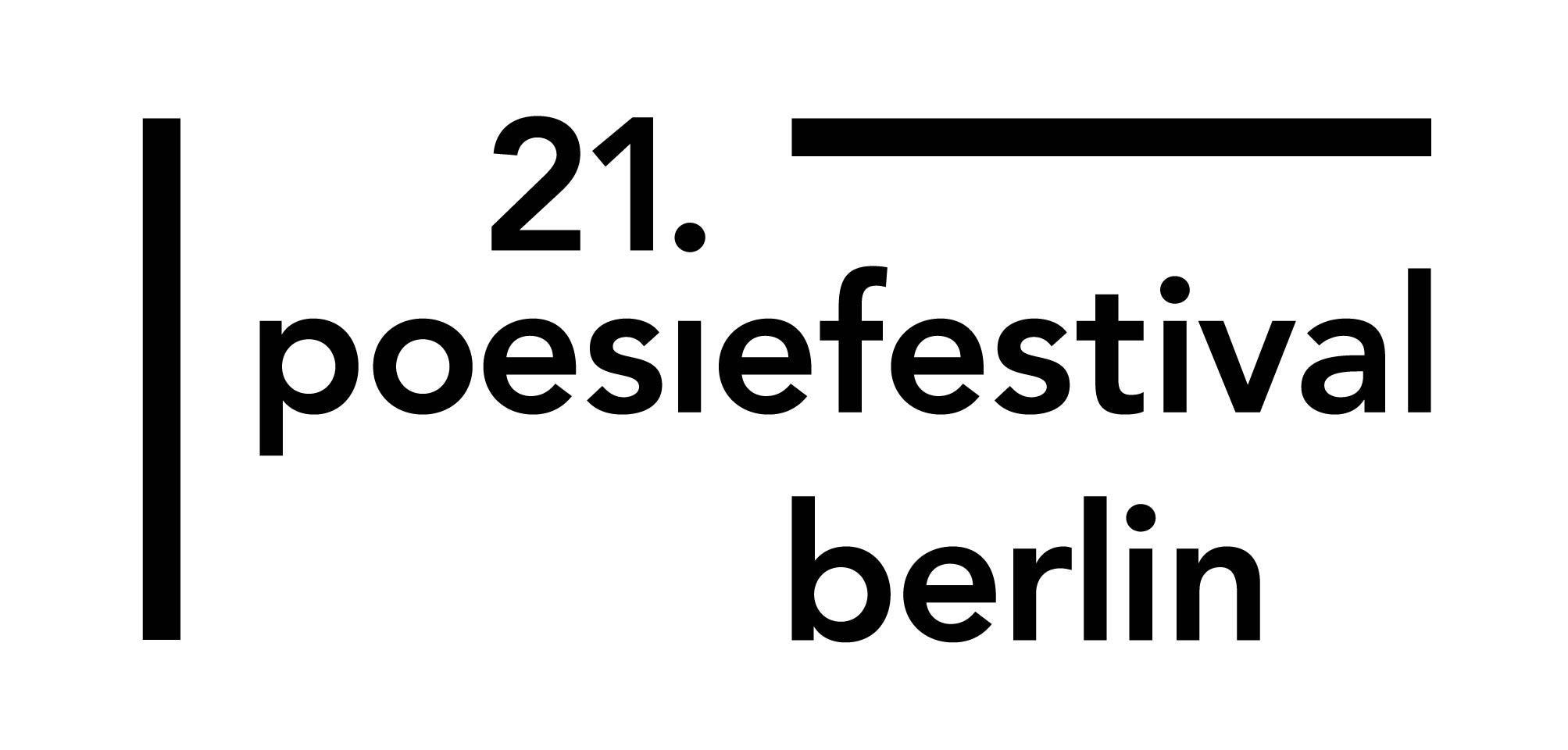
Given the current restrictions on freedom of gathering, the ICORN General assembly could not take place in the city of Berlin. Due to the spread of Covid-19, borders are closed and freedom of travel is, severely restricted. Nevertheless, poesiefestival Berlin seeks to ensure that the borders of language and thought remain open by bringing together three participants in an online format. Afterall the following still applies: “The limits of my language mean the limits of my world”, says proeject manager, Kenan Khadaj.
In 1918, Europe was the place from which the borders of many new states in the middle East were arbitrarily written on the drawing board. Even today, borders can be redefined and closed from here, but also opened again and negotiated democratically.
- your place is where the eyes can look at you.
(Faraj Bayrakdar)
Three poets who have sought refuge in northern Europe confront our present-day borders and transcend them with their poetry.
A stranger’s blood in my body…
He has no name or address…
Yet, once the windflowers bloom on my lips
I find me looking for him in the mirror.
(Manal Al Sheikh)
The format, a combination of pre-recorded reading and subsequent live chat, is being developed bilingually with participating artists: Iraqi poet Nada Al-Khawwam, an Artists-in-Berlin Program ICORN fellow in 2018–20; Syrian journalist and poet Faraj Bayrakdar, who found refuge in Stockholm; and Iraqi poet Manal Al-Sheikh, in Stavanger. The pre-recorded video reading concludes with a contribution by poet and curator Max Czollek.
Pre-recorded video reading with Faraj Bayrakdar, Manal Al-Sheikh, Nada Al-Khawwam, with a contribution by Max Czollek. Moderated by Christian Filips and Kenan Khadaj.
The event is a collaboration between poesiefestival berlin and ICORN and is supported by the Federal Agency for Civic Education and the DAAD Artists-in-Berlin Program. The state of Berlin is an ICORN network member.
Follow live this Saturday, 6 June at 5.30 PM CET on this link
The readings will be in German and Arabic.
Kenan Khadaj's Q&A with the poets - a teaser in English from the film
Kenan Khadaj’s Q&A with Manal Al Sheikh
Many of us in this modern society are living with our black dogs, going to sleep behind locked doors, feeling like god’s broken toys. Can poetry be a way of life that helps people in modern society deal with those feelings?
- In my opinion, poetry is one of the most individualist and selfish among literature arts. So, my general opinion in writing that is that it does not treat and does not help to surpass the crisis which we are going through. But it contributes. It helps me only to create a parallel world, to create my own crises and to deal with it. And that is only just what distract me from the actual crises that I have been pushed into or that I am going through without wanting to.
Kenan Khadaj’s Q&A with Nada Al Khawwam
In a political and social atmosphere like the one in the middle east, can poetry be non-political?
- It’s not possible under any circumstances to separate poetry from the what communities and countries are going through in all it’s circumstances - political, economic, social. Because poetry is based on these issues, based on the issues of the “street”, especially in the Middle East, and from what is going on in revolutions and call for change and radical reforms. We simply cannot live this era or time separate from poetry.
Some countries are categorising jobs as essential or no essential jobs, do you think being a poet is an essential job?
- This question is very important! The corona pandemic has indeed divided the world into essential or non-essential issues. And the essential is in the field of medicine and science, scientist, and researchers. This the reality here; that all other issues, all other professions must stand aside, while the world is watching the doctors to the researchers, listening to what they say and their instructions. The poet in this time - according to the question - is living like any other individual, flopped in his feelings as if intertwined, living a state of hustle, or let’s say chaos, inside and outside, between the feelings. Between what he wants to produce and what is happening in the world. And here the essence was for medicine and for the scientists. And they have said their words! Let’s say the doctors were poets in another form, writing humanity poems very beautifully with their patients. I hope everyone cures, I hope these crises would be over and the world moves on with minimum loss.
Kenan Khadaj’s Q&A with Faraj Bayrakdar
In your defence speech for supreme court of security in 1993 you define two different roles in your life the politician, and the poet. How you differentiate those roles in your life?
- Since my early youth I felt, then I realized, that beauty is the minimum for literature and the arts, while the maximum policy is Beautician. As for politicization, whatever its forms and manifestations, it remains below politics. In other words, the decline of politics. Of course, I do not forget the differences between a policy that possesses many capabilities of evil and criminality, and a policy that tries to preserve as much as possible the minimum limits of justice and human values. And, in my life and my political choices, I have tried to be as close as possible to poetry than to politics.
“The borders of my language mean the borders of my world” (Wittgenstein). What is your comment on this quote?
- I respect the personal and figurative perspective here, as I respect Wittgenstein’s glorification of language, but I do not agree with the utterances with which he speaks, but rather find myself from some angles in contrast to Ludwig. I see that the writer's language should redraw the boundaries of his world more broadly and more beautifully. I believe that it draws a broader public space rather than being immersed in itself and its details.
Some countries are categorising jobs as essential or non essential jobs, do you think being a poet is an essential job?
- What is essential for me is that a person's work be beautiful, fair, and beneficial. If not, it is not essential. On this basis, we can distinguish between real or fundamental poets who serve freedom, beauty, and justice, and on the other side poets who serve themselves, a tyrant, or a Nazi idea, for example. In other words, the essential is what stays on the ground…
The film production
Performance: Raguel Roumer, Marwa Almokbel, Kenan Khadaj & Christian Filips
Painting/scenography: Marwa Almokbel
Vocals/piano: Hesham Abu A'ssy
Soundtrack: Kenan Abouaasie, Raguel Roumer
Film/post-production: Olga Afanassieff
Post-production/subtitles: Christian Filips, Kenan Khadaj
Project-management: Kenan Khadaj
The ICORN General Assembly in Berlin
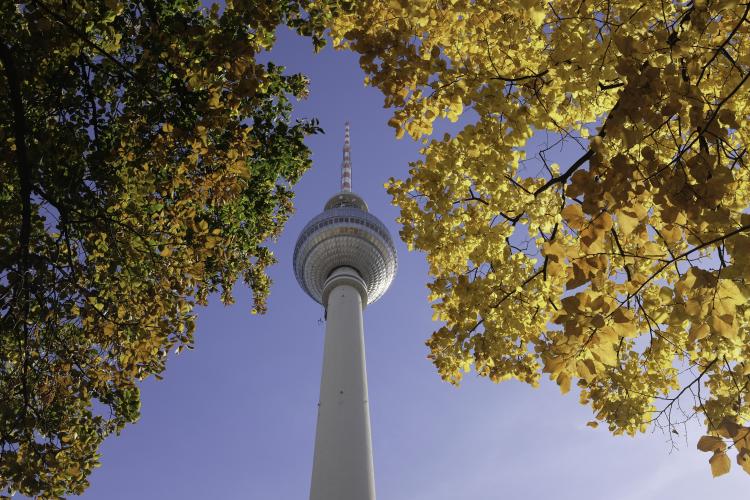 Re:writing the future is the title of this year’s ICORN General Assembly, which was supposed to take place in Berlin 3-5 June this year. It has been planned with our partners in Berlin, including the Allianz Cultural Foundation (AKS), the Berlin Senate Department of Culture and Europe, the DAAD Artists-in-Berlin Programme as well as a wide range of local cultural partners, among them Haus fuer poesie and the poesiefestival Berlin. We hope that we will be able to meet in Berlin next year!
Re:writing the future is the title of this year’s ICORN General Assembly, which was supposed to take place in Berlin 3-5 June this year. It has been planned with our partners in Berlin, including the Allianz Cultural Foundation (AKS), the Berlin Senate Department of Culture and Europe, the DAAD Artists-in-Berlin Programme as well as a wide range of local cultural partners, among them Haus fuer poesie and the poesiefestival Berlin. We hope that we will be able to meet in Berlin next year!
Latest news
-
23.04.24
-
18.04.24
-
04.04.24
-
26.03.24
-
21.03.24
Re:writing Borders
Follow live this Saturday, 6 June at 5.30 PM CET on this link
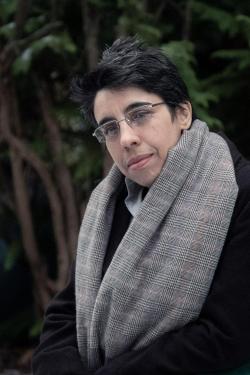 Nada Al Khawwam, born 1977 in Baghdad, is a poet and journalist. Among other things, she studied Arabic literature, pedagogy and business administration in Iraq. Al Khawwam is a member of the Union for Arab Journalists in the EU and the Middle East Center for Development and Media Freedom, which she represents in Lebanon. In Beirut, she regularly takes part in symposia and conferences on social and economic topics. She is also a member of the Arab Association for Culture and Art and the Egyptian Writers’ Association. Her first book, “Treason the French Way”, was published by Dar Safsaf in Beirut. From December 2018 to February 2020, Al Khawwam was a guest of the Artists-in-Berlin Program as an ICORN fellowship holder, where her poetry collection Poems Along the River was published in May 2020 in Arabic, German and English.
Nada Al Khawwam, born 1977 in Baghdad, is a poet and journalist. Among other things, she studied Arabic literature, pedagogy and business administration in Iraq. Al Khawwam is a member of the Union for Arab Journalists in the EU and the Middle East Center for Development and Media Freedom, which she represents in Lebanon. In Beirut, she regularly takes part in symposia and conferences on social and economic topics. She is also a member of the Arab Association for Culture and Art and the Egyptian Writers’ Association. Her first book, “Treason the French Way”, was published by Dar Safsaf in Beirut. From December 2018 to February 2020, Al Khawwam was a guest of the Artists-in-Berlin Program as an ICORN fellowship holder, where her poetry collection Poems Along the River was published in May 2020 in Arabic, German and English.
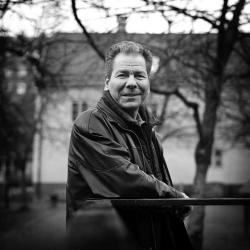 Faraj Bayrakdar is a Syrian journalist, writer and award-winning poet. He is the author of more than six books of poetry and prose. Imprisoned by the Syrian authorities in 1987, he was only set free 14 years later, thanks to an international campaign that involved human rights and free speech organizations as well as writers and artists. Bayrakdar was held incommunicado for almost seven years and suffered torture whilst in detention. He was brought before Supreme State Security Court in 1993 and sentenced to 15 years in prison in 1993 and released in 2000. Among his awards: the 1998 Hellman-Hammet grant; the 1999 International PEN Award – American Center West; the 2004 Free Word Award from NOVIB – Netherlands; the 2006 Oxfam Novib / PEN Freedom of Expression Award Netherlands; and the 2007 Tucholsky Prize – Sweden. He was ICORN writer in residence in Stockholm in Sweden 2005-2007.
Faraj Bayrakdar is a Syrian journalist, writer and award-winning poet. He is the author of more than six books of poetry and prose. Imprisoned by the Syrian authorities in 1987, he was only set free 14 years later, thanks to an international campaign that involved human rights and free speech organizations as well as writers and artists. Bayrakdar was held incommunicado for almost seven years and suffered torture whilst in detention. He was brought before Supreme State Security Court in 1993 and sentenced to 15 years in prison in 1993 and released in 2000. Among his awards: the 1998 Hellman-Hammet grant; the 1999 International PEN Award – American Center West; the 2004 Free Word Award from NOVIB – Netherlands; the 2006 Oxfam Novib / PEN Freedom of Expression Award Netherlands; and the 2007 Tucholsky Prize – Sweden. He was ICORN writer in residence in Stockholm in Sweden 2005-2007.
